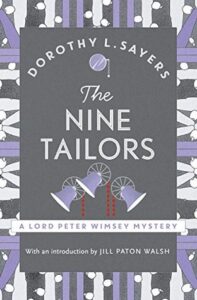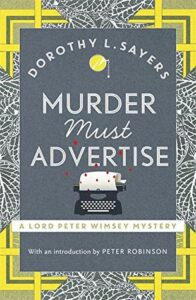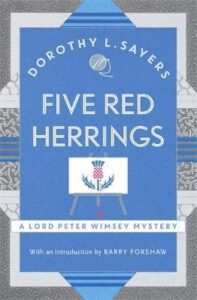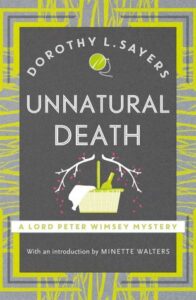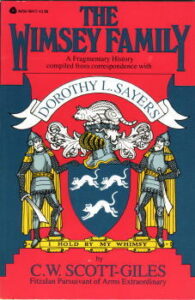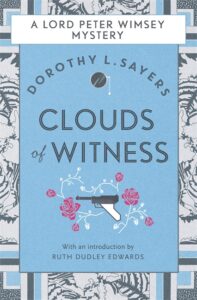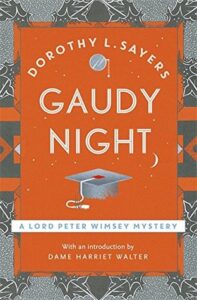 Gaudy Night, Dorothy L. Sayers
Gaudy Night, Dorothy L. Sayers
Gaudy Night looks to be the chunkiest of Sayers’ novels on my bookshelf: in effect, it’s a book-length musing on women and education, on equality in a relationship, and in doing the thing that you’re best suited to do — and making the sacrifices that may entail. Although there’s another book after this, it’s really the culmination of the series in some ways, resolving the romance between Peter and Harriet, and finally bringing the two of them into balance.
The plot itself takes Harriet to Oxford, a place she’s avoided since before she was tried for the murder of her lover. She didn’t think she could go back, after both taking a lover and being tried for his murder (even if she was acquitted), but she quickly finds there’s still a place for her there, and a life that has its charms of quiet contemplation and good hard work. She’s asked to stay there to help them track down something rather odd going on in their midst, a cross between a poison pen and a poltergeist, bent on causing disturbances that will reflect badly on the good name of the college — something that could be a pretty harsh blow to women’s education. In the meantime, she gets embroiled in various rivalries and misunderstandings, meets Peter’s nephew, and generally gets herself into trouble.
Really, the mystery isn’t as important to this book as Harriet’s struggle to forgive herself, and to begin to trust again after what happened to her. Although it’s been some time since the trial, she hasn’t really been confronting the demons and letting the wounds heal, and this book makes her do so. It also makes her really look at Peter, and discover how she actually feels about him.
It’s a book that dramatises badly: the BBC television adaptation is by far my least favourite of the three with Edward Petherbridge, despite the manifest delights of both him and Harriet Walter’s performance. The BBC radioplay is actually narrated by Harriet, and sticks much closer to the book, and so is more successful as a cohesive listening experience, though perhaps less so as a dramatisation. It’s a pretty insular book, and I think you may have to love Harriet, Peter, Oxford, or all of the above, to really appreciate it.
I really do. The thing that excites me most about Harriet and Peter as a couple is the fact that from their first meeting, everything hinges on them becoming equals and seeing each other as such — this isn’t a relationship where either of them subordinates their own wishes. Both are fully formed people, and Peter wants it that way — and Harriet doesn’t know or believe that he does, instead believing that any relationship will involve the subjugation of one to the other. Her realisation is beautiful, and Peter’s patience with bringing her there likewise. I think that aspect of the books has aged well, even if the concern about educating women to a high level seems much less relevant.
Rating: 4/5
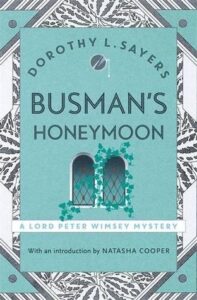 Busman’s Honeymoon, Dorothy L. Sayers
Busman’s Honeymoon, Dorothy L. Sayers

